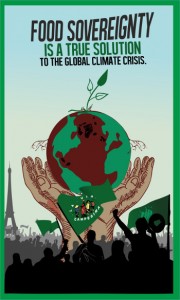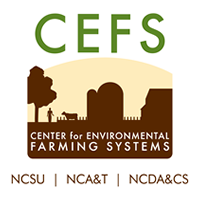At some point we have to stop and look at our rural system the way that it is and say, “You know what? It’s not working. . . . It’s not distributing food. It’s producing more and more food, it’s exporting more and more food, but it is not distributing it. We’re not gaining on world hunger”
-Canadian activist Karen Pedersen
Modern agriculture is modeled after Western economic values of private property, privatization and efficiency. Any models that do not fit this structure must be less advanced and in need of change. The concept of the “Tragedy of the Commons”(the assumption that any resources held in common by a group of people necessarily will be over exploited as each person seeks to maximize their own profit and has no incentive to conserve) has influenced our thinking. Private property is seen the best way to manage resources in a sustainable way.
Berkes et. al, however, challenge this assumption in their article Benefits of the Commons pointing out the flaws inherent in the Tragedy of the Commons assumption, and providing case studies of alternate forms of resource management based around the idea of a shared commons.

Via Campesina offers a challenge to this ethnocentric view. A broad coalition of peasant groups throughout the world “it defends small-scale sustainable agriculture as a way to promote social justice and dignity. It strongly opposes corporate driven agriculture and transnational companies that are destroying people and nature.” Marc Edelman introduces us to them in Bringing the Moral Economy Back In…
Here at NCSU we have the Center for Environmental Farm Systems which “develops and promotes just and equitable food and farming systems that conserve natural resources, strengthen communities, improve health outcomes, and provide economic opportunities in North Carolina and beyond.”
Further reading
What is Degrowth? There is a growing movement away from a society of consumption and the idea that more is always better.
Smallholders, Householders. The standard development narrative view is very ethnocentric, assuming that Western knowledge is inherently superior to other forms of knowledge. This article adds to the idea that there are viable alternatives to large scale agriculture.
False Forest History. Standard environmental narratives are often based on incomplete information and ethnocentric prejudices
Through the Generations: Victory Gardens for Tomorrow’s Tables. Looking backwards to the Victory Gardens in the US during the two world wars, Susan Andreatta wonders if an updated version of these can exist today
